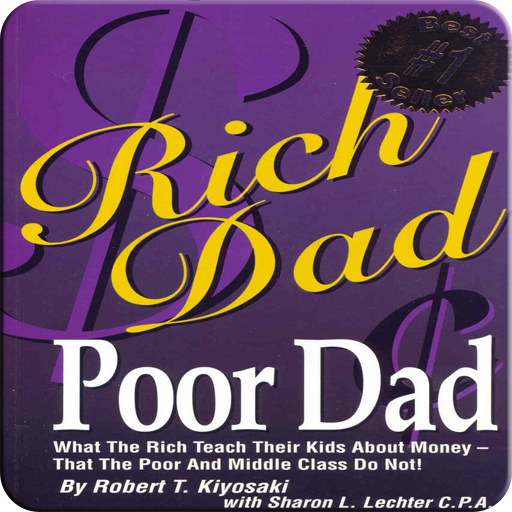Lesson 6: Work To Learn— Don't Work For Money
第六課 學(xué)會(huì)不為錢工作
In 1995, I granted an interview with a newspaper in Singapore.
1995年,我接受了新加坡一家報(bào)紙的采訪。
The young female reporter was on time, and the interview got under way immediately.
一位年輕的女記者準(zhǔn)時(shí)赴約,采訪立即開始了。
We sat in the lobby of a luxurious hotel, sipping coffee and discussing the purpose of my
visit to Singapore.
我們坐在一家豪華酒店的大廳里,喝著咖啡,談?wù)撐掖舜涡谐痰哪康摹?/p>

I was to share the platform with Zig Ziglar.
我和暢銷書作家金克拉一起接受采訪。
He was speaking on motivation, and I was speaking on “The Secrets of the Rich.”
他談的是動(dòng)機(jī)問(wèn)題,而我談的是“富人的秘密”。
“Someday, I would like to be a best-selling author like you,” she said.
“有一天,我想成為像你這樣的暢銷書作家。”女記者說(shuō)。
I had seen some of the articles she had written for the paper, and I was impressed.
我曾經(jīng)讀過(guò)她在報(bào)上發(fā)表的一些文章,而且印象深刻。
She had a tough, clear style of writing. Her articles held a reader's interest.
她的文章風(fēng)格犀利且有條理,深受讀者的歡迎。
“You have a great style,” I said in reply. “What holds you back from achieving your dream?
”
“你的文章風(fēng)格很好,”我回答,“那么,是什么妨礙了你實(shí)現(xiàn)夢(mèng)想?”
“My work does not seem to go anywhere,” she said quietly.
“我的寫作之路似乎前途渺茫,”她平靜地說(shuō),
“Everyone says that my novels are excellent, but nothing happens. So I keep my job with the
paper.
“人們都說(shuō)我的小說(shuō)非常好,但是僅此而已。因此,我依然繼續(xù)在報(bào)社工作。
At least it pays the bills. Do you have any suggestions?”
至少,這能掙錢支付賬單。你能給我些建議嗎?”
“Yes, I do,” I said brightly. “A friend of mine here in Singapore runs a school that
trains people to sell.
“好的,”我高興地說(shuō),“我在新加坡的一位朋友辦了一所學(xué)校,培訓(xùn)銷售技能。
He runs sales-training courses for many of the top corporations here in Singapore,
他為新加坡的許多大公司講授營(yíng)銷課程,
and I think attending one of his courses would greatly enhance your career.”
我想如果你去聽聽他的課,或許會(huì)對(duì)你的職業(yè)生涯有幫助。”
She stiffened. “Are you saying I should go to school to learn to sell?”
她有點(diǎn)不快,“你是說(shuō)我應(yīng)該去學(xué)銷售嗎?”
I nodded.
我點(diǎn)點(diǎn)頭。
“I have a master's degree in English Literature. Why would I go to school to learn to be a
salesperson? I am a professional. ”The interview was over.
“我擁有英語(yǔ)文學(xué)碩士學(xué)位,我干嗎要去學(xué)做推銷員?我是一個(gè)專業(yè)人士。”于是采訪草草收?qǐng)隽恕?/p>











